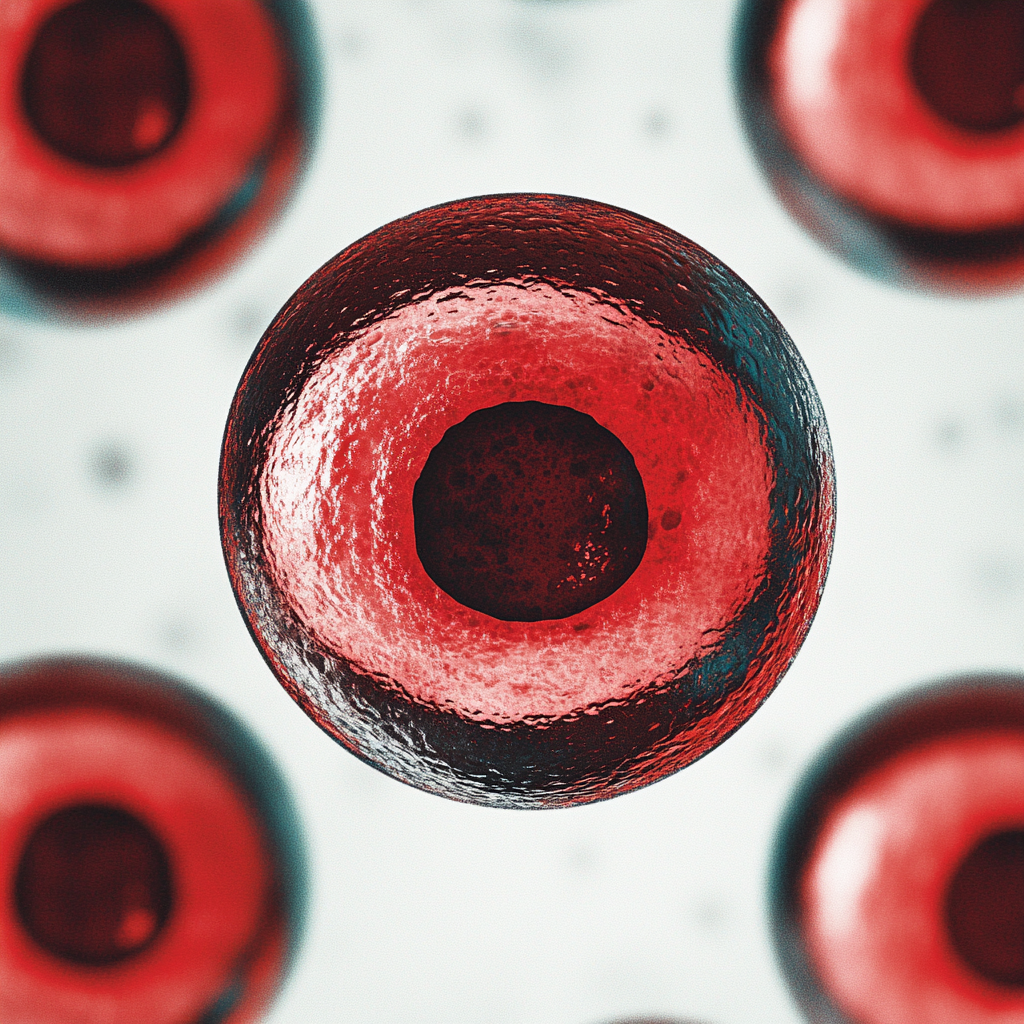PeerJ. 2025 Jun 3;13:e19506. doi: 10.7717/peerj.19506. eCollection 2025.
ABSTRACT
BACKGROUND: Lung cancer is strongly associated with malnutrition and detrimental changes in muscle mass (MM), which can lead to reduced quality of life and reduced tolerance to and efficacy of antineoplastic treatment. The loss of MM and myosteatosis (fat infiltration into muscle) have been linked to inflammation in cancer, and n-3 polyunsaturated fatty acids (PUFA) found in fish oil are known to modulate inflammatory response, lean mass, microbiota, and epigenetic mechanisms.
METHODS: High Eicosapentaenoic acid and PROtein (HEPRO) is a randomized, double-blind, placebo-controlled clinical trial. A total of 50 patients over 20 years of age diagnosed with stage III or IV non-small cell lung cancer with an ECOG performance status of 0-2 who are eligible for systemic treatment will be included and randomized 1:1 into two treatment arms: four fish oil capsules containing 2,100 mg EPA and 924 mg DHA per day versus four placebo capsules containing 2,250 mg oleic acid per day for 4 months. All patients will be instructed to consume 1.5 g protein per kg body weight per day and receive protein supplementation if necessary. MM, myosteatosis, muscle function, handgrip strength, dietary assessment, toxicity, response to treatment, and survival will be assessed. Translational research includes membrane phospholipid composition, gut microbiota, inflammation, and miRNA. MicroRNA will be analyzed by quantitative real-time polymerase chain reaction, phospholipids, by gas chromatography, and microbiota, by 16S ribosomal RNA genetic sequencing. Statistical analysis will be conducted using IBM SPSS Statistics V.26 and a multiple regression model will be proposed. Associations with p < 0.05 will be considered significant.
CONCLUSIONS: The HEPRO study aims to evaluate a viable dietary intervention strategy to improve MM and function in patients with lung cancer.
PMID:40487055 | PMC:PMC12143283 | DOI:10.7717/peerj.19506
